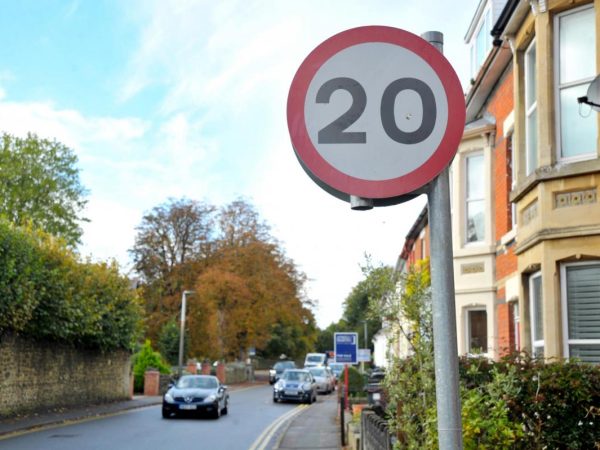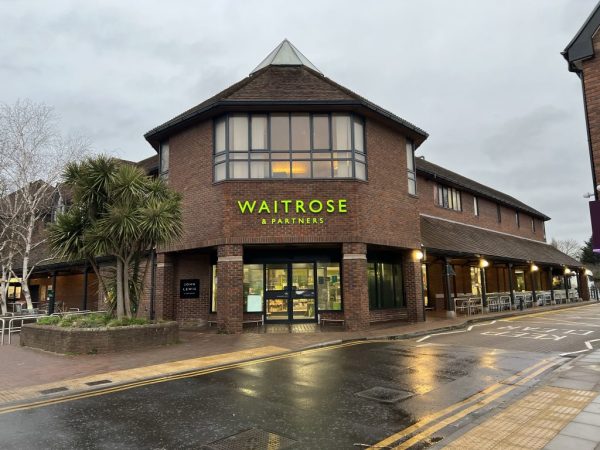Obtaining planning permission in Dorset can be a challenging endeavour, but with the right guidance and strategies, you can navigate the process successfully. In this comprehensive guide, we’ll delve into ten expert tips that will help you unlock the key to planning permission success in Dorset. Whether you’re a homeowner, developer, or business owner, these tips will provide valuable insights to enhance your chances of approval for your Planning Permission Dorset application. Let’s dive in!
Understanding Planning Permission Dorset Policies
Before embarking on the planning permission process, it’s essential to familiarise yourself with Dorset’s planning policies and regulations. These policies outline the criteria and guidelines for development projects in the area. By understanding these policies, you can tailor your proposal to align with local planning objectives, increasing your chances of approval.
Conduct Thorough Site Assessments for Planning Permission Dorset
Before submitting a planning permission application, conduct thorough site assessments to identify any potential challenges or opportunities. Assess factors such as topography, drainage, access, and utilities to inform your proposal and address any potential issues proactively.
Engage with the Local Community for Planning Permission Dorset
Community engagement is crucial in the planning process for securing planning permission in Dorset. Engage with local residents, stakeholders, and community groups to gather feedback, address concerns, and build support for your proposal. Hosting public consultations or meetings can demonstrate your commitment to transparency and collaboration.
Hire Experienced Professionals for Planning Permission Dorset
Navigating the complexities of the planning permission process requires expertise and experience. Consider hiring professionals such as architects, planners, and consultants with a proven track record in securing planning permission in Dorset. Their knowledge and insights can be invaluable assets in preparing and presenting your application.
Prepare a Comprehensive Planning Application
A well-prepared planning application is essential for success. Ensure that your application includes all necessary documentation, such as site plans, architectural drawings, and environmental assessments. Clearly articulate your project’s objectives and benefits, demonstrating how it aligns with Dorset’s planning policies and contributes to the local community.
Address Environmental Concerns
Environmental considerations are a significant factor in the planning process. Conduct thorough environmental assessments to identify potential impacts on habitats, wildlife, and natural resources. Develop mitigation measures to minimise these impacts and demonstrate your commitment to sustainable development.
Communicate Effectively with Planning Authorities
Maintain open and constructive communication with planning authorities throughout the application process. Respond promptly to requests for information or clarification, and address any concerns raised by planning officers. Building a positive relationship with planning authorities can facilitate a smoother approval process.
Consider Heritage and Conservation Issues
Dorset is rich in heritage and conservation areas, which may impact development proposals. Consider the historical and cultural significance of your site and incorporate measures to preserve and enhance these assets. Consult with heritage experts and conservation officers to ensure compliance with relevant regulations.
Be Flexible and Open to Negotiation
Flexibility and willingness to negotiate can be beneficial in the planning process. Be prepared to make adjustments to your proposal based on feedback from planning authorities or stakeholders. Demonstrating a willingness to compromise can help overcome objections and secure approval for your project.
Prepare for Potential Challenges and Appeals
Despite your best efforts, challenges or appeals may arise during the planning process. Be prepared to defend your proposal with evidence-based arguments and legal support if necessary. Understanding the appeals process and seeking professional advice can help you navigate these challenges effectively.
Conclusion
Securing planning permission in Dorset requires careful planning, strategic thinking, and effective communication. By following these ten expert tips, you can navigate the complexities of the Planning Permission Dorset process with confidence and unlock success for your project. Whether you’re embarking on a residential development, commercial venture, or infrastructure project, these tips will empower you to overcome obstacles and achieve your goals.
FAQs
1. How long does it typically take to obtain Planning Permission Dorset?
The timeline for obtaining planning permission in Dorset varies depending on the complexity of the project, local policies, and any potential objections or appeals. On average, the process can take several months to a year or more.
2. What are some common reasons for planning permission dorset applications being rejected?
Planning permission dorset applications may be rejected due to non-compliance with local planning policies, environmental concerns, objections from stakeholders, or failure to address community feedback.
3. Can I appeal if my Planning Permission Dorset application is rejected?
Yes, you have the right to appeal a planning decision if your application is rejected. The appeals process involves submitting your case to an independent planning inspectorate for review.
4. How can I ensure that my Planning Permission Dorset application meets environmental requirements?
To ensure compliance with environmental requirements, conduct thorough environmental assessments and develop mitigation measures to address any potential impacts. Consult with environmental experts and incorporate sustainable design principles into your proposal.
5. Is it necessary to engage with the local community during the Planning Permission Dorset process?
Yes, community engagement is essential for a successful planning application. Engaging with local residents and stakeholders allows you to gather feedback, address concerns, and build support for your proposal. Hosting public consultations or meetings demonstrates your commitment to collaboration and transparency.
Also read: STK The Strand Secrets: 10 Must-Know Hacks for Workflow Mastery














